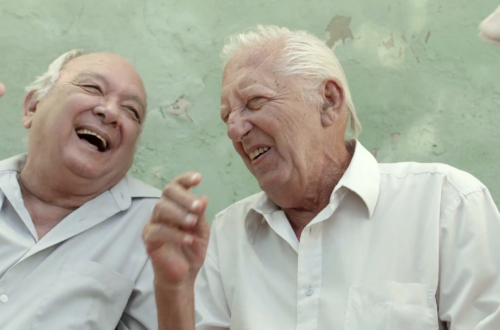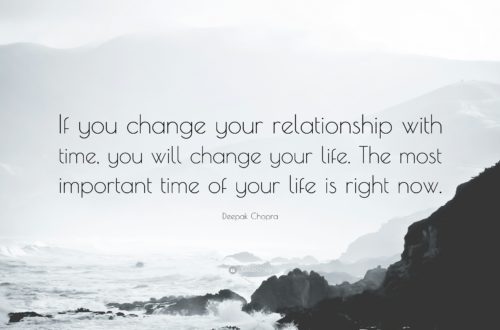Thanksgiving is often idealized as an occasion during which family and friends gather around an outsized meal, and give thanks for health, achievements, and each other, but for some families, members wait until the end of the night when they can give thanks for getting away from each other and old familial tensions. It’s no secret holidays can resurrect old dysfunction, regress individuals to familiar roles, and create anxiety. Although I wasn’t surprised when these phenomena appeared at a Thanksgiving hosted by my youngest brother, I was surprised their catalyst was my foray into turkey carving.
I had never been one to embrace patriarchal tradition, but I was honored when Brian allowed me to carve our turkey as a guest in his home. Because anxiety is woven into my DNA, much of which is rooted in fear of my father’s criticism, his eyes weighed heavy on me the moment I accepted the knife from my brother. Although I am 49 years-old, educated, and somewhat successful, my childhood need for my father’s approval resurfaced, and I believed I could somehow fail at the menial task of slicing meat.
One of the patterns in my family is our tendency to launch derisive comments at each other in an attempt at humor. Ironically, as much as we all like to cut each other up, we are all highly sensitive to derision, and only recently have I understood my attempts at humor often came at the expense of someone’s feelings. Because Brian is aware of my sensitivity, he instinctively aligned with me, and walked me through the steps of turkey carving, rooting me on with every slice, and unbeknownst to him, becoming the third member of a triangle.
In Bowen theory, a triangle is the smallest stable relationship system. Triangles consists of three people, one of whom either jumps in, or is incorporated by a member of the previously existing dyad to ease tension transmitted between my father and me. It was not rooted in malice, just a perpetuation of my childhood need for approval, and my dad’s desire to feel his own elevated sense of importance. As I work towards defining a self, resolving this attachment issue with my father will liberate me from tension born of misconceptions of myself as solely an extension of him. Brian’s anxiety stemmed from fear of conflict in his home during Thanksgiving, and motivated him to insulate me, and his guests from tension.
Triangles typically consist of two insiders and one outsider who craves connection to the insiders. In our case, Brian and I held the inside positions while our father lingered outside. Tension was transmitted through the triangle as my father’s anxiety about diminished physical skills morphed into criticism of me, my fear of being scrutinized was transmitted to Brian through his awareness of my sensitivity, and Brian’s anxiety about tension was transmitted throughout the room through his reassurances of me in preservation of holiday harmony.
My father sensed some struggle when I slammed into a stubborn breast bone, and bellowed, “I see you’re having a hard time there, Vin.” When it comes to my dad, it’s not his words, but his tone that triggers my anxiety. When Brian heard this, he jumped in on my behalf and reassured the room I was doing fine, and anyone’s first time carving a turkey could be daunting. In that moment he stabilized the relationship between me and my dad by absorbing the tension, but if change was going to happen, I needed to temper my reactivity to perceived criticism, not cave to scrutiny, and not allow someone else to bail me out by surrendering the knife.
A cornerstone of defining a self is not allowing tension in the moment to create an imbalance between emotional reactivity and thoughtful response, as people function optimally when feeling and thought are balanced. With that in mind I acknowledged my struggle, and carved the bird to completion. Later on, my 75 year-old father who struggles with pain, fought to get a knife through a chocolate cake. A less mature version of myself would have sought revenge by underscoring his challenge, but only through allowing the moment to pass would change occur.
When I was finished, Brian congratulated me as if the turkey and I got engaged, and we sat to eat. When I reflect on defining a self, I acknowledge there was a time when I might have held a grudge against my father for perceived ridicule, or would have evened the score with him through some kind of verbal retaliation. Having done so would not only have laid unfair blame on my father for a generations old pattern of derision, but would have sullied the fact that he complimented me on Facebook the next day, a validation that might seem trite to some, but meant everything to me.
It is too often the case family gatherings are strained by emotional reactivity in place of thoughtful response. Such reactivity will taint family gatherings, and are hard behaviors to shake, but they are a matter of choice. In the face of old family patterns, we can choose to allow our defensiveness to rule, or we can think the problem through, and give a response that is neutral, and more likely to extinguish a spark before it becomes a brush fire.
If this sounds challenging, it’s because it is, but the fact that something is a challenge does not mean it’s impossible. Any shift in family dynamics begins with one person’s willingness to change a behavior. When ground is stuck, and efforts are consistent, the rest of the family tends to fall in line, and new dynamics are born.
Think about your own family gatherings this holiday season; try to be aware of triangles, your emotional reactivity, and the reactivity of others, and see if you can be the person in your family whose thoughtful response in the face of stress eases tension, and moves your family toward change, growth, and emotional maturity.




